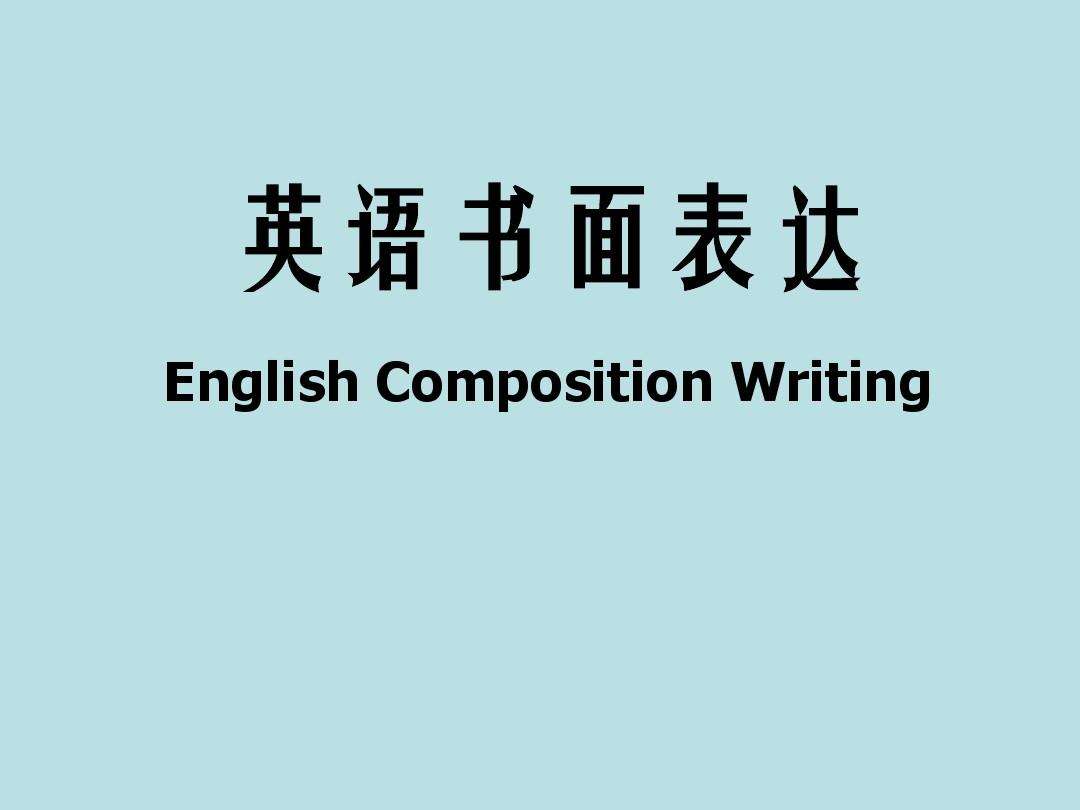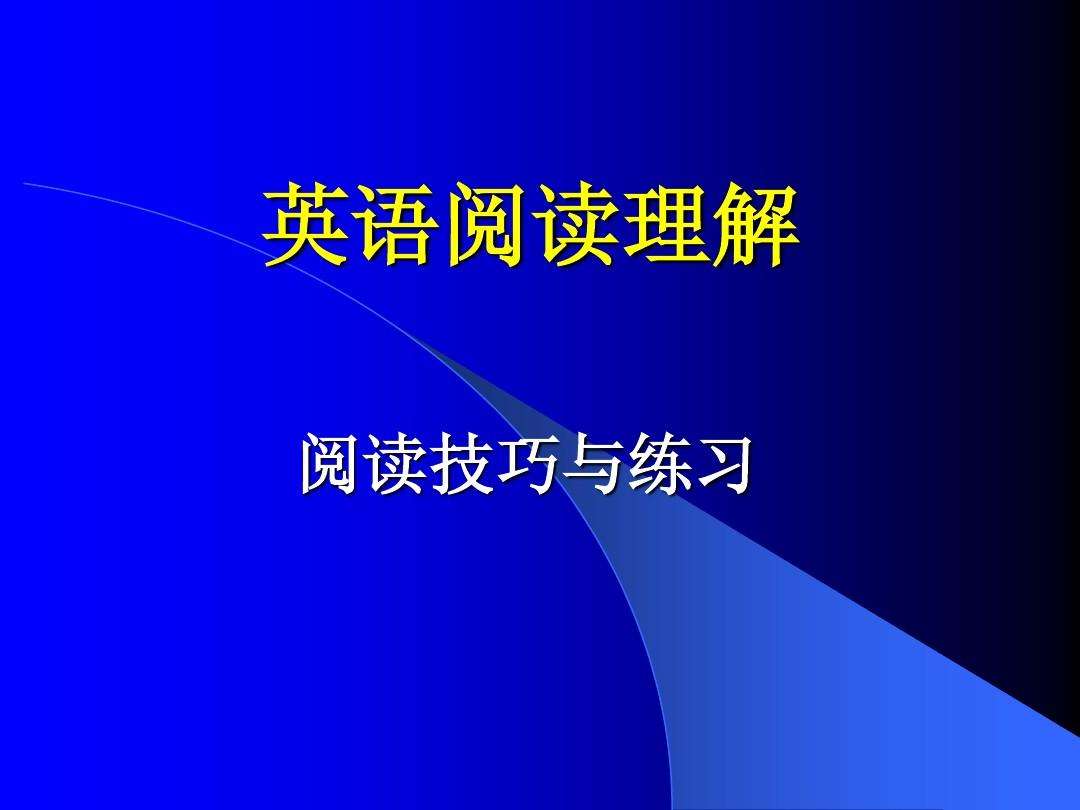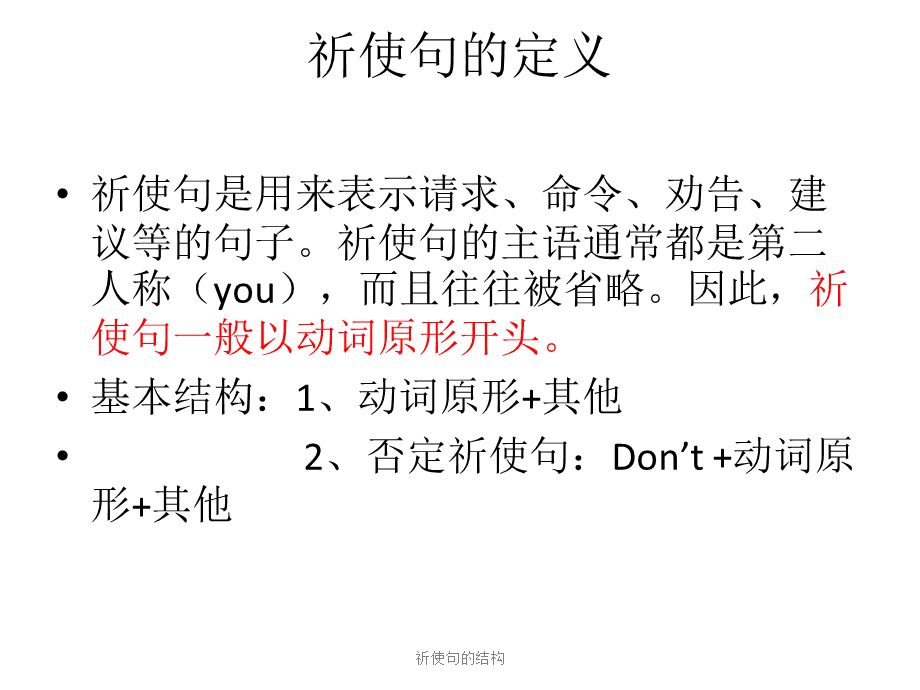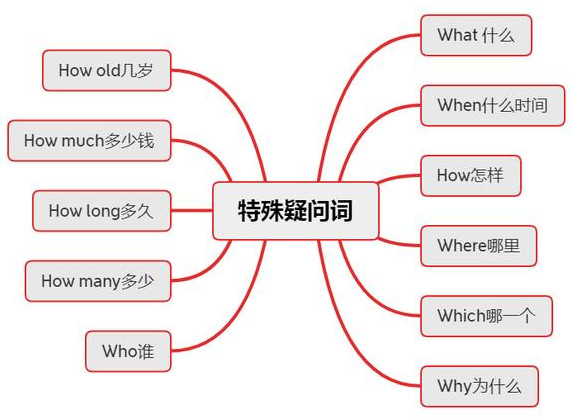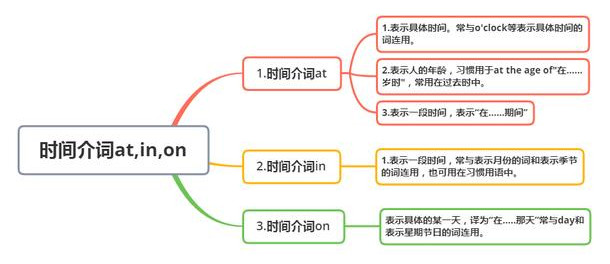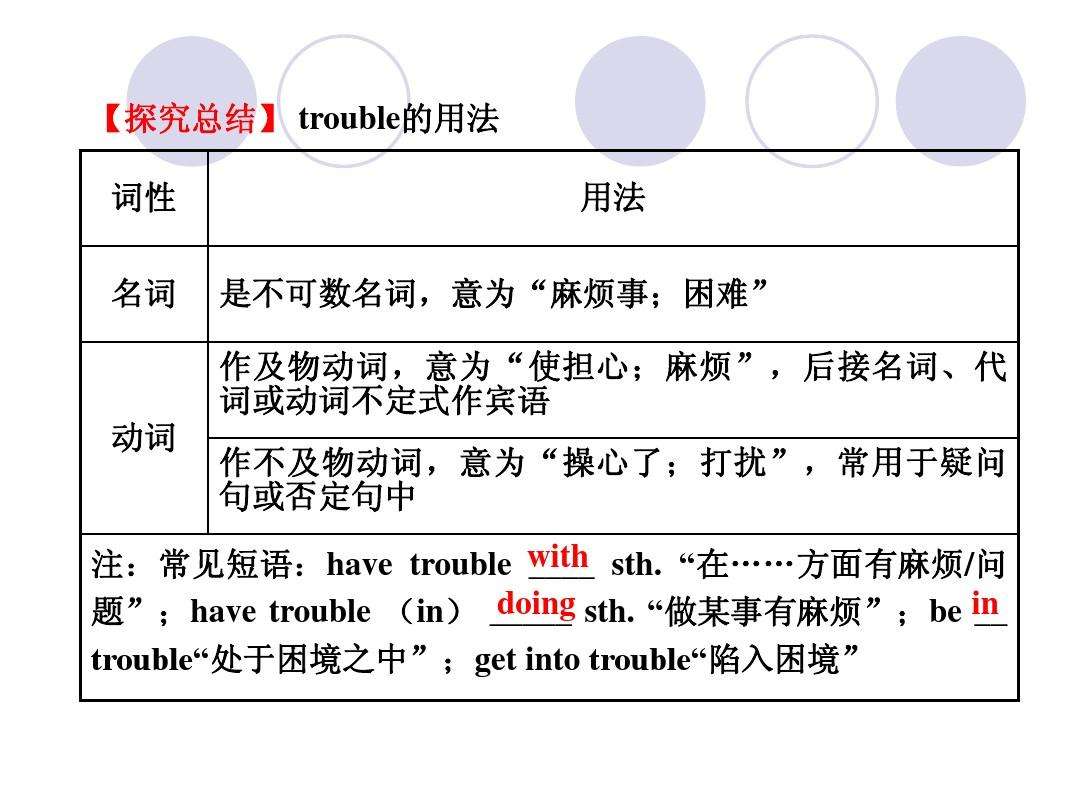| 宜城教育365速发国际靠谱么_365bet亚洲官方网址_预付365商城下载网www.bjtlcd.com 否定句的构成
⑴如果谓语动词中含有be动词、情态动词、助动词,则在这些词后直接加not构成否定(可缩写)。如:Simon is playing football. He hasn’t been to Beijing.

⑵如果谓语动词只由行为动词构成,则在行为动词原形前加上don’t/doesn’t/didn’t构成否定。如:I don’t have lunch at home.
⑶有些词本身表示否定意义,是否定词,如:no, nothing, nobody, no one, never, neither, none, few, little, hardly等。如:There is little water in the glass, is there?
⑷有些情态动词的否定形式较为特殊,如:may的否定式可以是may not,can’t或mustn’t;must的否定式可以是can’t,needn’t或mustn’t等。如:—Must I go now?—No, you needn’t. You may go after class.
⑸have/has/had作“有”讲时,其否定式可以在其后直接加not构成否定形式。如:I don’t have a motorbike. I haven’t a motorbike.
⑹had better do sth.的否定形式是:had better not do sth.。如:We had better not talk in class.
⑺如果主句是I think/guess/believe,其后的宾语从句表示否定,常将否定词提前到主句中。如:I don’t think chickens can swim.
⑻复合句的否定一般是否定主句。如:What he said didn’t make me sad.
⑼特殊的否定:①some →no或not any(非主语)。如:Some girls have been to the park. →No girls have been to the park. ②both…and…→neither…nor…。如:Both my father and my brother help. →Neither my father nor my brother helps. ③a few →few。如:There are a few apples on the table. →There are few apples on the table. ④a little →little。如:There’s a little milk in the bottle. →There’s little milk in the bottle. ⑤too(也), also→(not…)either。如:I’m a teacher, too. →I’m not a teacher, either. ⑥already→(not…) yet。如:The teacher has already gone home. →The teacher hasn’t gone home yet. ⑦and(非主语)→or或and no/not。如:It has a mouth and a nose. →It doesn’t have a mouth or a nose.⑧ all →none(全部否定);not all/all…not(部分否定)。如:All of the students have gone to the park. →None of the students have/has gone to the park.→ Not all of the students have gone to the park.⑨both →neither(全部否定);not both/both…not(部分否定)。如:Both of my parents are teachers. →Neither of my parents is a teacher.→ Both of my parents aren’t both teachers.⑩always →never(全部否定);not always(部分否定)。如:Wang Lin is always late for school. →Wang Lin is never late for school.→ Wang Lin isn’t always late for school. ⑾each (pron.) →none/nobody/neither(全部否定);not each/each…not(部分否定)。如:Each of them has a basketball. →None of them has a basketball. →Each of them doesn’t have a basketball. ⑿each(adj.) →no/neither(全部否定);not each(部分否定)。如:Each boy has a basketball. →No boy has a basketball. →Not each boy has a basketball. ⒀every → no(全部否定);not every/every…not(部分否定)。如:Every boy has a basketball. →No boy has a basketball. →Not every boy has a basketball. 宜城教育365速发国际靠谱么_365bet亚洲官方网址_预付365商城下载网www.bjtlcd.com |






